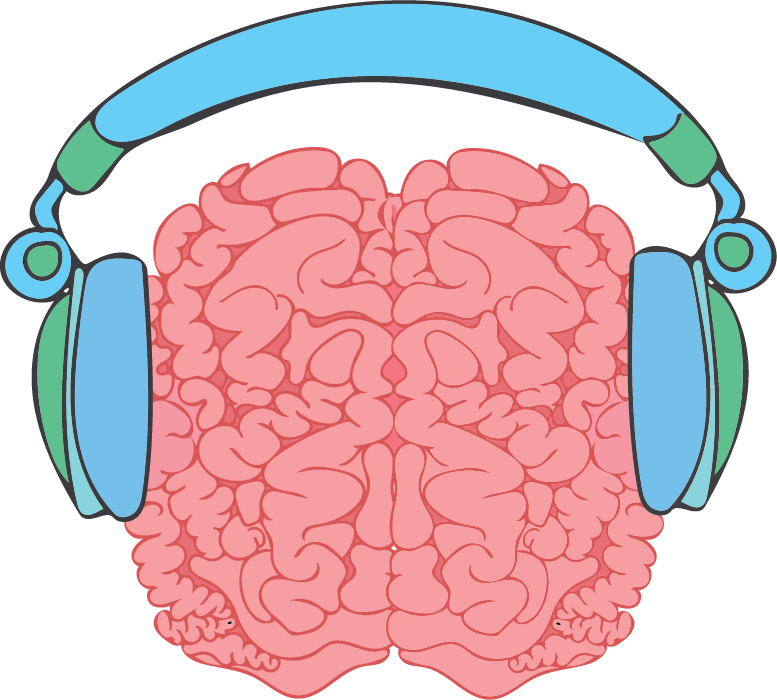Every day Max Robertson ’17 goes home and turns on some smooth jazz as he pulls out his homework assigned that day. After a stressful day Robertson looks forward to listening to music that calms him down and lets him enjoy working on homework and studying just a little bit more.
“When I do homework, I really only listen to jazz because if I listen to anything else, I can’t focus,” Max Robertson ’17 said. “[Jazz] doesn’t have any words, and it’s just kind of like soothing music, so it lets you focus on what you’re doing and not hear anything around you.”
The University of Southern California’s research team in France discovered that students who listened to a lecture with classical music in the background proved to be more attentive.
At the University of Toronto, a team of researchers proved that Brahms, Handel, Mozart, Strauss and Bach lulled students because the rhythm and tonal patterns in the pieces generate meditative moods and slower brainwaves.
Connor Engel ’17 has tried to listen to music genres other than classical while studying. He said that they inhibited him from studying efficiently because he starts to take notice of the music, which detracts his attention from his work.
“[Other genres are] thoroughly distracting. I just either need complete silence, or I can situate myself to background noise like if it’s white noise, or people talking or something your brain is generally used to hearing,” Engel said. “If it’s music, I have to focus on that, and it distracts things. Do you ever imagine things while listening to music? It clouds out what you’re actually supposed to focus on.”
Engel’s claims are supported by professionals.
“Even the simplest forms of multitasking can lead to glitches in the moment-to-moment processing of information known as working memory … taking a toll on our attention,” Adam Gazzaley, an associate professor of neuroscience at the University of California, San Francisco, said in “The Proceedings of International Conference on Cloud Computing and eGovernance,” published in 2014.
Conversely, University of California at Irvine psychologist Frances H. Rauscher claims that music does not always have a negative effect on productivity and that music will only enhance a student’s productiveness when listened to passively. But he does agree that if a student listens actively to music, his or her focus shifts from the work to the song.
A study conducted at the University of San Diego and published in the British Journal of Health Psychology in 2004 showed that students who listened to louder, more booming music had an increased heart rate and increased susceptibility to anxiety and inefficient concentration.
The Silent Study is provided for students to work in a room free from outside conversations and excessive noise. However, at Harvard-Westlake, students say that excessive silence can also become a distraction. What seems like an ideal place to study can actually make it difficult for students to focus if they become focused on the absence of any sound.
“I sometimes can’t concentrate because I get too weirded out by the silence [of the Silent Study], and I have to keep rereading things and doing things to understand things,” Robertson ’17 said. “Music keeps me on track.”
Research from Stanford University School of Medicine, has shown that silence can actually stimulate brain activity rather than decrease it. In other findings, the brain displayed the most activity during the silence in the transition between two classical pieces. The peak of brain activity happened to be during the time where relatively no sound was made.
Some types of music may be more conducive to focused studying than others.
Ethan Blaser ’17 listened to jazz for all of his sophomore year and stopped when he began junior year.
“I used to listen to music because it kind of keeps you motivated,” Blaser said. “Sometimes silence is distracting for people. When you have too much going on, even though you’re not focusing on [the music], your brain is still thinking about it whether you like it or not.”
Dr. Charles Limb, a professor of otolaryngology at John Hopkins University, found that jazz acts as a brain simulator because it mimics the improvisational style of jazz with pulsating rhythms and swinging melodies.
It is better to listen to familiar music that does not fluctuate in rhythm or melody and does not include sudden crescendos or decrescendos. Monotone music can also enhance a student’s ability to study if it is played at a low volume, making it easier to listen to music passively and concentrate on the task at hand.
“Whether you like it or not, when your listening to music, your brain is putting attention to it,” Blaser said. “My efficiency [while studying] has gotten better, and the time it takes to do homework has definitely reduced.”





































